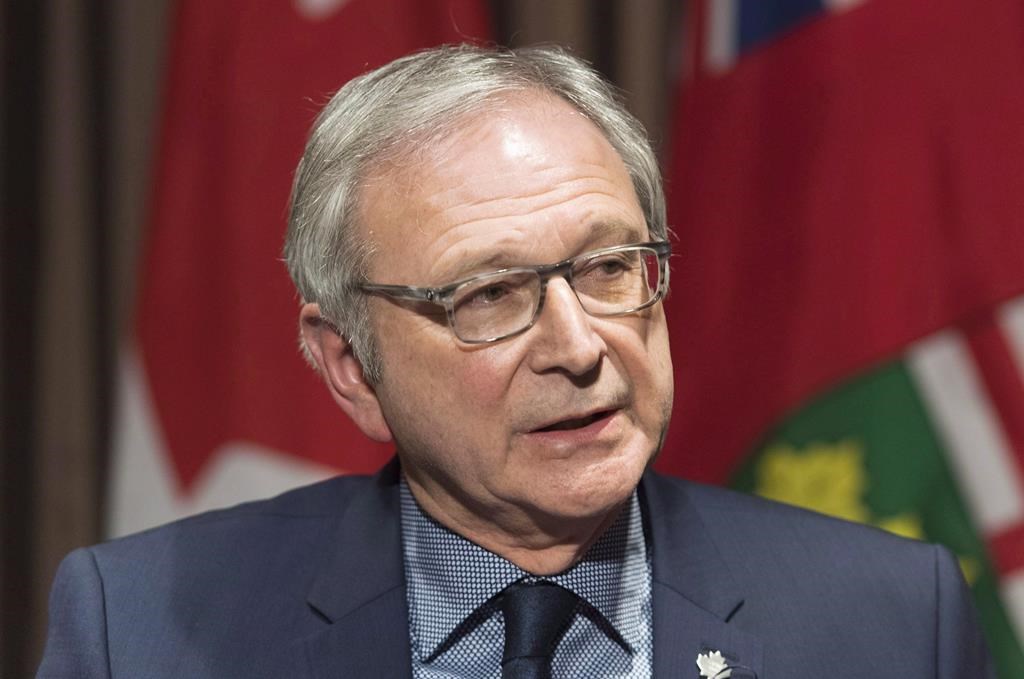New Brunswick’s premier says the province needs to be prepared for hard choices as it begins to examine what needs to be done in the wake of the second-straight year of flooding along the St. John River — leaving open the door to the possible relocation of individuals or communities, if necessary.

“We’re not just going to keep hoping for the best every year,” Higgs said in an interview with Global News from Ottawa on Tuesday.
“We’re going to start putting in a methodical path in order to minimize the risk to life and limb and property.”
READ MORE: As flood waters in Saint John recede, the cleanup begins
He said that many people were prepared to deal with flooding as a result of the historic water levels experienced last year, but that the government is prepared to examine a wide swath of options when it comes to preparing for the future.
Higgs said there’s a variety of reasons why homes, infrastructure and businesses have been affected by flooding, but says that solving the root cause — whether it be due to where the buildings are built or changes to the climate — has to be something the government considers.

Get breaking National news
“I think our standards of building in areas — or rebuilding — will have to change,” he said. ” It’s more than just replacing gyprock, it’s like, ‘OK, if you’re staying here we got to make some real changes.'”
WATCH: Section of Trans-Canada Highway in N.B. could reopen soon following damage assessment

Higgs said that means the decisions made by the government this year may be different from the actions of the provincial government under Brian Gallant in 2018.
That may mean modifying how the province issues permits as the province rebuilds or even constructs new infrastructure, and could include looking at how the funding can be applied to mitigate exposure to flood waters.
“It won’t be just kind of going forward, blindly repairing,” Higgs said. “It’s about asking how we make this disaster-proof.”
The last resort, Higgs said, is the relocation of people.
He knows that community is important to New Brunswickers but admitted that people may be more receptive after two years of similar flooding.
“I want to find a way to mitigate the risk but not just have people move away from our rural communities.”
Higgs thanked the federal government for the assistance they’ve provided, alluding to the more the 280 troops who have been deployed to New Brunswick since the flooding began.
As waters have receded on Tuesday, officials said that number has been reduced to around 150.








Comments
Want to discuss? Please read our Commenting Policy first.